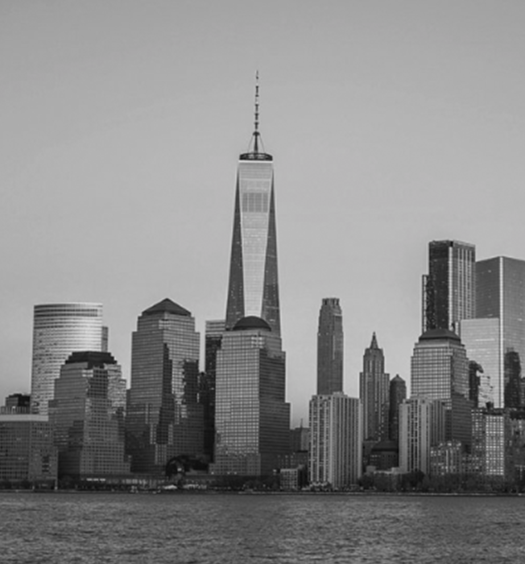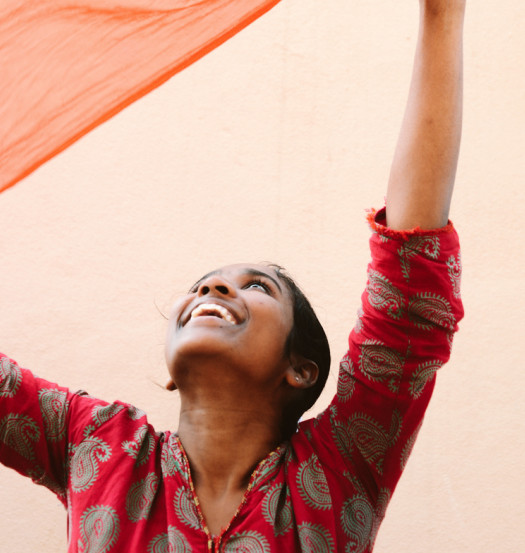How you can Support Frontline Heroes with DoneGood and Project CURE
When you shop on DoneGood, the "Amazon for Social Good," your purchases provide supplies for frontline hospital workers.

We think a lot of people are feeling the same thing right now—what can we do?
Sure, we know that to #stopthespread and #flattenthecurve, we need to #stayathome and #socialdistance (hashtags have come in handy these days, huh?). So ok, we’re doing that. But that form of doing involves a lot of not doing much. It is nice to have more FaceTimes and Zoom calls with our family and friends, but that doesn’t fill up the whole day. We already blew through the tiger program and season 3 of Ozark. But we want to do more; we want to take more action and help address the crisis.
At DoneGood, we’ve been seeing how people across the country are springing into action by volunteering, donating, sewing masks, and helping neighbors. As a company, we wanted to help as well.
For those who don’t know us, Forbes summed it up pretty well, calling DoneGood, “The Amazon for Social Good.” DoneGood is the online shopping platform where you can use your purchasing power to do good for people and the planet. On DoneGood, there are all sorts of items from clothing to home goods to cleaning supplies to coffee, all from mission-driven brands that have been vetted to ensure they’re paying living wages, using eco-friendly practices, and investing in and empowering communities.
Our team quit our careers to start DoneGood because we believe that the dollars we spend are the world’s most powerful force for change.
Last year, Americans gave a total $400 billion to charity, but we spent 325 times more than that buying stuff. If even a fraction of our purchasing power can help alleviate poverty and fight climate change, the impact is enormous.
So, of course, we think supporting social enterprises that make the world better is a good way to take action and help be the change we hope to see in the world.
But during a time like this, how can we help people to use their power to address the crisis at hand?
The quickest thing to do was speak out. So the day things got real-real, the day major sports leagues and concerts shut down, we tried to spark conversations within our community about how health issues, especially pandemics, tend to hit disadvantaged communities the hardest.
We saw many of our partner brands impressively spring into action. We have partners that quickly modified their product lines to make masks and using the sales of those masks to fund mask donations to healthcare workers. We’ve seen other brands whose products we feature donate revenue to food banks and other resources for those struggling amid the catering economy. And brands who are committed to paying their workers’ salaries despite facility closures. So we’ve been working to promote the amazing things they’re doing.
But we wanted to do something directly ourselves too. So we thought, well, we exist so that in normal times DoneGood users’ purchases help make the world better. So we need to help our users’ purchasing power be able to help address this crisis too.
Of course, a catch-22 of everything we do is—we’re not trying to create more consumerism by encouraging people to buy things they don’t need or won’t use. Toward that end, if you’d like to give to Project CURE without making a purchase, click here. But, when we do need to buy something, who we choose to give our money to is probably the biggest impact we can make on the world. And usually, the items DoneGood-approved brands are making are higher-quality and longer-lasting as they are handmade by someone paid well, which naturally tends to be higher-quality things that are mass-produced in a factory. That means buying less over the long-run, which helps save the world and saves money.
From the Editor
At Conscious, we feature powerful stories about global initiatives, innovation, community development, social impact and more. You can read more stories like this and connect with a growing community of global leaders when you join Conscious+.



